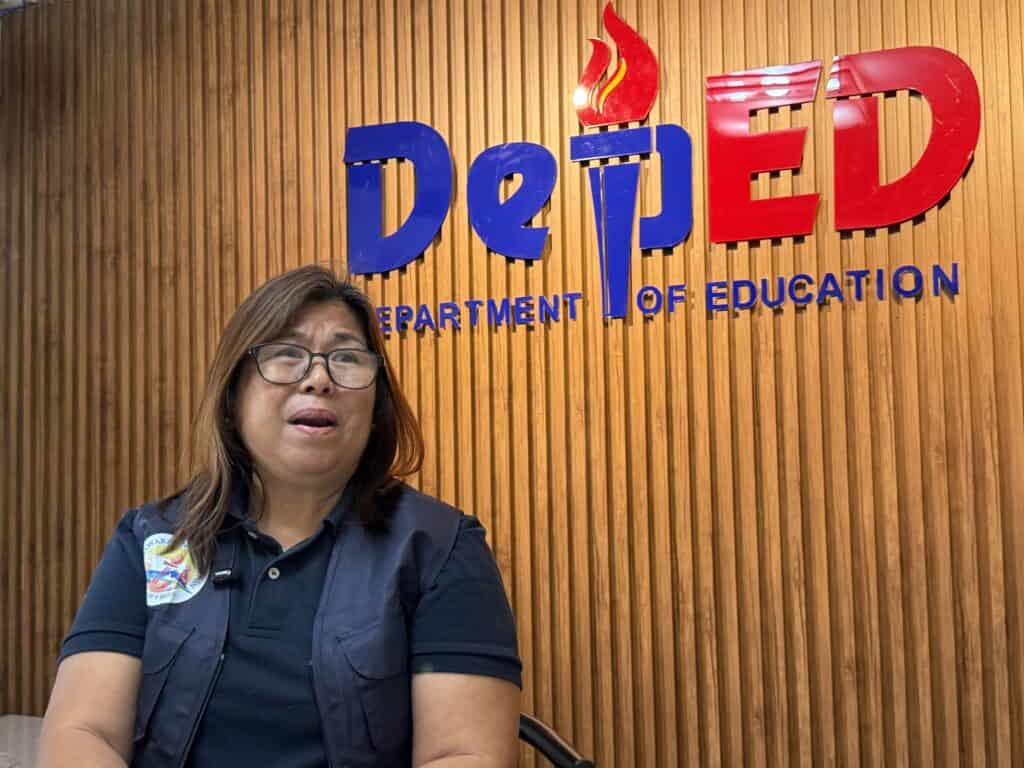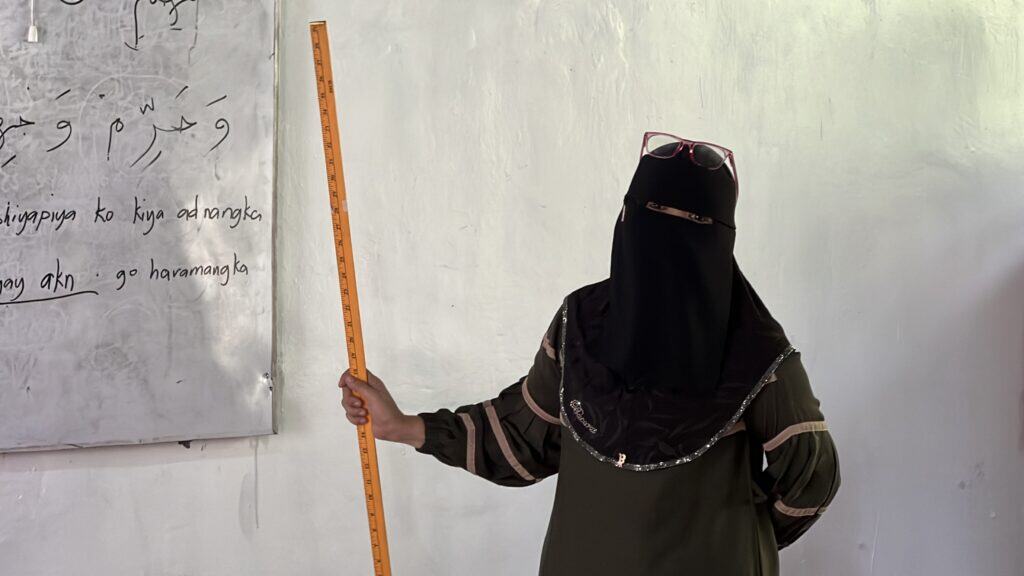TABACO CITY — The Department of Education (DepEd) Bicol is reinforcing its commitment to inclusive education by implementing the Madrasah Education Program across 13 Schools Division Offices (SDOs) in the region, promoting a culture of diversity, equity, and belonging for Muslim learners.
Anchored on the Arabic Language and Islamic Values Education (ALIVE) curriculum, the program seeks to preserve the cultural and spiritual identity of Muslim students by teaching them the Arabic language and the tenets of their Islamic faith, even outside Mindanao, where Muslim communities are traditionally concentrated.
Under the program, Muslim learners attend weekend classes focused on Arabic, Islamic values, and Muslim cultural practices.
“With Madrasah education, learners develop a strong sense of cultural and spiritual identity while embracing diversity and inclusivity,” said Sheila Bulawan, DepEd Bicol Madrasah Education Coordinator.
To ensure the program’s effectiveness, three key initiatives are in place: the annual Musabaqah competition, regional training and capacity-building for Asatidz (teachers), and curriculum enhancement workshops.
However, nationwide implementation has been delayed, pending the official release of a national policy. Currently, Madrasah Education in the Philippines is only offered at the elementary level.
“Typically, our ALIVE program caters to learners from Grade 6 onwards, regardless of age,” Bulawan explained.
Last year, only 39 schools in the region implemented the Madrasah Education Program, with a total enrollment of 1,190 Muslim students.
“Not all schools have the capacity or expertise to implement the program,” Bulawan noted. Nevertheless, the initiative’s inclusive approach allows even schools without prior experience to participate in training sessions on classroom management and lesson planning.
Bulawan emphasized that the law mandates DepEd to implement such programs to ensure that Muslim children living in non-Muslim regions receive culturally responsive education.
“There are many Muslim communities here in Bicol. We need to implement the Madrasah Education Program so they have the opportunity to learn about their culture,” she said.


The program began in 2003 but was initially limited to predominantly Muslim regions. In 2007, the Bicol Region was given the opportunity to adopt the program, with Sorsogon City as the first implementer. It was later introduced in Albay in 2009 after identifying a significant Muslim population in the province. Currently, there are 61 enrollees in Legazpi City alone.
Ustadh Thata Guindo Sarip, an ALIVE teacher in Legazpi City for four years, expressed her gratitude to DepEd for implementing the program.
“It’s difficult to maintain our identity while living in a non-Muslim community. But through this initiative, it’s now possible to preserve our culture,” Sarip said.
Driven by her passion to teach and help her community uphold their Islamic faith, Sarip decided to become a Madrasah educator.
“I want to share my knowledge with Muslim learners here in Bicol so that our Islamic faith will not be forgotten by the next generation,” she added.
Sarip also underscored the importance of Arabic and Islamic values education for Muslim children.
“Learning Arabic is crucial for Muslims, especially children outside Mindanao, because it’s the language of the Quran, the word of our God, Allah,” she said.
According to Bulawan, the program has also helped reduce discrimination against Muslim learners in Albay. It has fostered understanding and inclusivity by breaking down barriers between Muslim and non-Muslim students.
In the past, Muslim learners were often bullied in regular classes due to misconceptions fueled by media portrayals of conflict in Mindanao.
“I tell my students not to be ashamed of who they are. What people hear and see in the news is not true,” Sarip said.
After living in Legazpi City for 20 years, Sarip has witnessed a significant shift in how the local community views Muslims, an improvement she attributes to the Madrasah program’s awareness-raising efforts.
Despite the program’s success, challenges remain, including a shortage of culturally appropriate classrooms and qualified teachers.
“Many Muslim learners prefer classrooms tailored to their cultural needs, complete with prayer rooms and relevant materials,” said Bulawan. “Unfortunately, we still lack standardized learning resources, and most of our materials are outdated.”
Progress has been made, however, through regional efforts to develop modules and learning activity sheets, she added.
Another pressing issue is the limited number of Arabic-speaking teachers, many of whom leave for better opportunities elsewhere. To address this, DepEd Bicol has been working closely with local Muslim communities to identify and train potential teachers.
Looking ahead, Bulawan hopes for further improvements in educational infrastructure for Muslim learners, particularly in upgrading classrooms and recruiting more dedicated teachers.
“These enhancements will allow the community to deepen their understanding and practice of the Islamic faith, fostering a stronger sense of identity and spirituality,” she said.
“We are currently awaiting guidance from the central office regarding the new curriculum framework,” Bulawan added.| Hannah Franchezka Boragay, Nico Jaymalin
